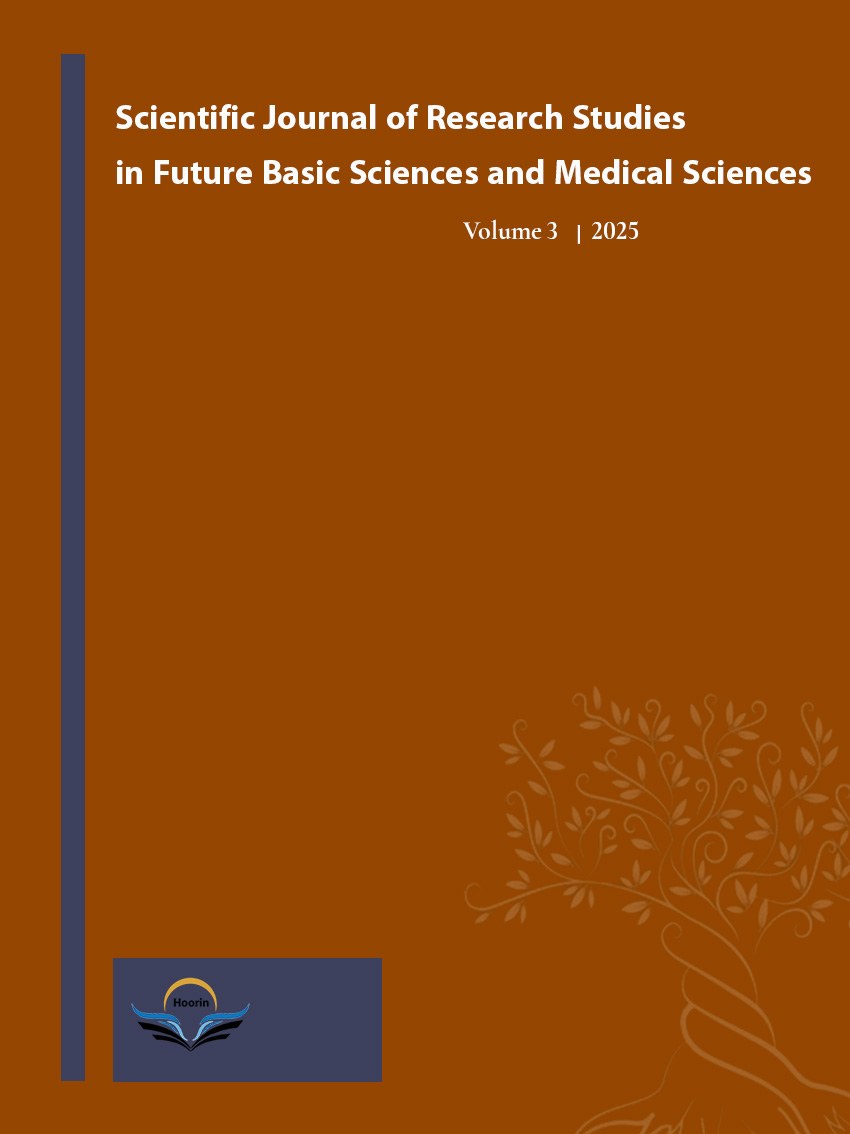A review of peptic ulcer of the digestive tract and its relationship with pathogenic factors
Keywords:
Gastric ulcer, Helicobacter pylori , Peptic ulcer, Pathogenesis, Peptic ulcer treatmentAbstract
Gastrointestinal ulcer or peptic ulcer means a type of benign damage to the mucosa and submucosa of the digestive tract in the stomach, duodenum, and sometimes the end part of the esophagus. Usually, there is a connection between stomach acid secretion and this damage, but today the main cause of these ulcers is considered to be the presence and proliferation of Helicobacter pylori bacteria, which causes stomach ulcers in various ways, including damage to the protective layer of the gastric mucosa. In this research, a computer search was performed in the databases of PsychINFO, Social Sciences Index, Science, MEDLINE, Scopus, Direct, Proquest and PubMed with the keywords "peptic ulcer", "gastrointestinal" and "Helicobacter pylori". Articles related to this research were thoroughly reviewed and selected for this research. A combination of herbal products and standard anti-ulcer medications may have a synergistic effect against Helicobacter pylori and peptic ulcer disease and improve outcome for patients with peptic ulcer disease. With only a few human studies, further clinical studies with a larger sample size on the efficacy and safety of medicinal plants with antiulcer activity are suggested. Also, it would be useful to design studies to further investigate and explain the mechanisms of action of medicinal plants that are used to treat or prevent gastric ulcers.
Downloads
Published
Issue
Section
License
Copyright (c) 2023 Scientific Journal of Research Studies in Future Basic Sciences and Medical Sciences

This work is licensed under a Creative Commons Attribution 4.0 International License.





